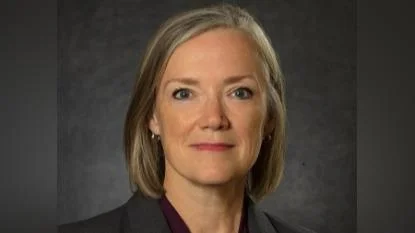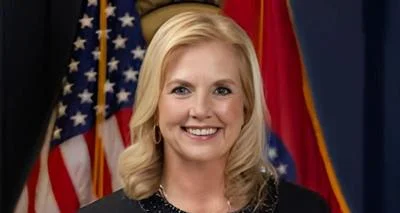U.S. Attorney Teresa A. Moore | US Attorney - Western District of Missouri
U.S. Attorney Teresa A. Moore | US Attorney - Western District of Missouri
A Kansas City woman has admitted in federal court to participating in a scheme to obtain fraudulent Paycheck Protection Program (PPP) loans during the COVID-19 pandemic. Rasheda McDaniel, 42, pleaded guilty before U.S. District Judge Greg Kays to one count of wire fraud and one count of aggravated identity theft.
Court documents show that on March 22, 2021, McDaniel and co-defendant Briauna Adams used another person’s personal identification information to submit an online application for a PPP loan under that individual’s name. The application listed a business with gross receipts of $147,412 and net income of $98,562 on Schedule C tax forms. However, the actual business tax return reported no taxable income and did not include a Schedule C.
The PPP loan was approved on April 2, 2021, resulting in a wire deposit of $20,832. On the same day, $2,000 was transferred to an account controlled by Adams and $18,830 went into McDaniel’s account.
In another instance on February 27, 2021, Adams submitted an online PPP loan application using McDaniel’s own information for a separate relief loan. The documents claimed McDaniel was a sole proprietor with an average monthly payroll of $8,333 and included a 2019 Form Schedule C showing gross receipts of $144,080 and profit of $99,982. In reality, McDaniel did not operate such a business at that time or have those amounts as income.
On March 4, 2021, McDaniel received a wire deposit of $20,832 into her personal account from this second loan application. She withdrew $15,000 in cash from the account that same day.
Adams previously pleaded guilty to multiple fraud charges on May 7, 2025; she is awaiting sentencing.
McDaniel could face up to 22 years in federal prison without parole. The maximum statutory sentence is set by Congress for informational purposes; the final sentence will be determined by the court based on advisory guidelines and other factors after completion of a presentence investigation by the United States Probation Office.
Assistant U.S. Attorney Paul S. Becker prosecuted the case following investigations conducted by IRS-Criminal Investigation and the Kansas City Police Department.





 Alerts Sign-up
Alerts Sign-up